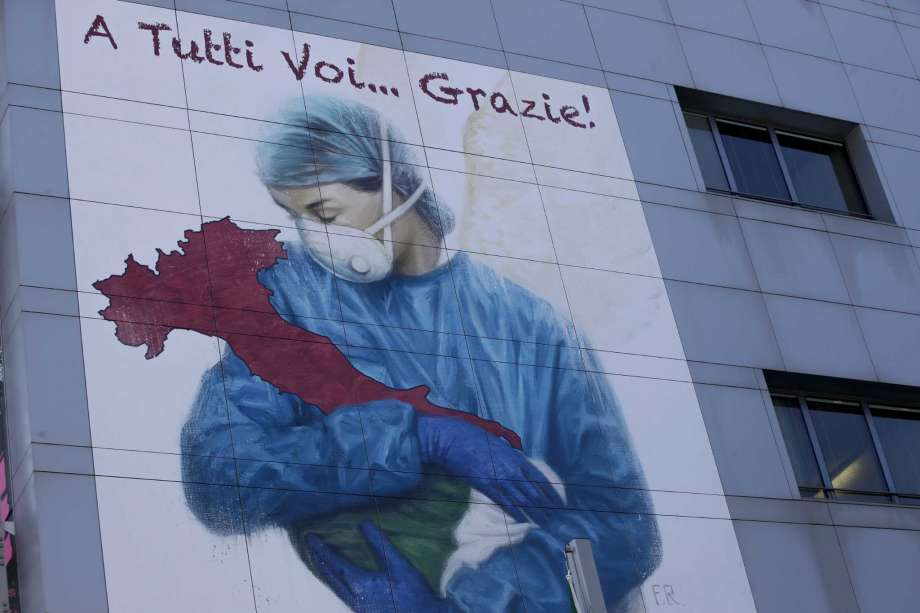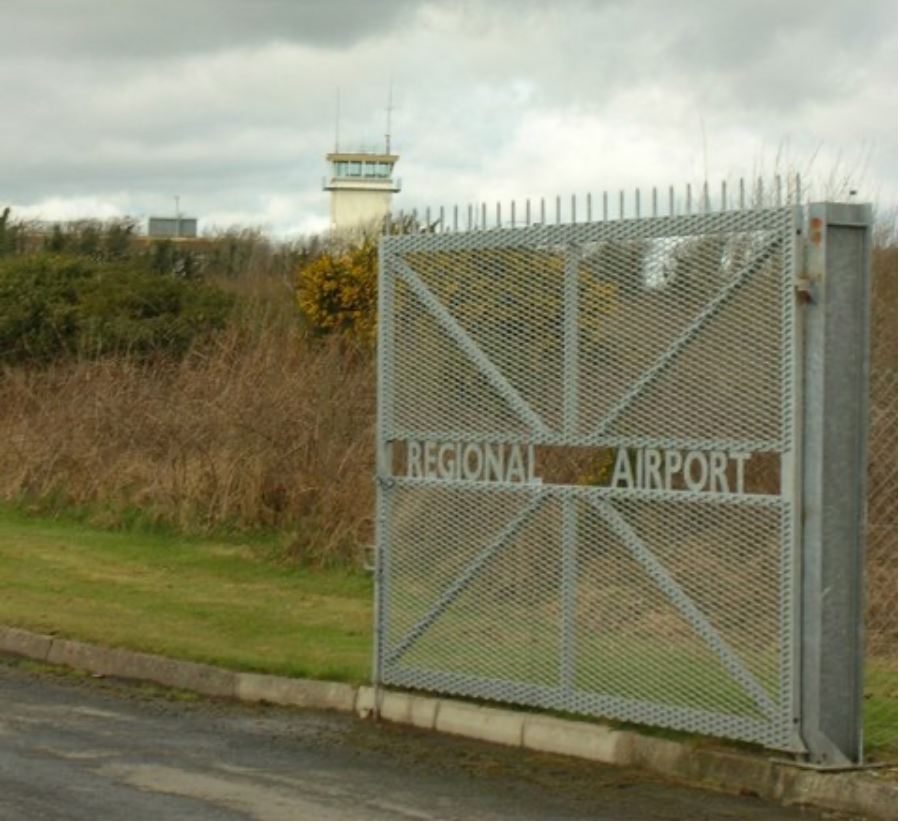Flight Instruction: Just Say No
With doctors’ and nurses’ lives on the line everyday, I can’t think of any justification for continuing flight training. Physical distancing is a civic duty.

Mural in Italy: “To all of you, thank you.”
Last week, we published an open-ended query to readers asking about flight activity and instruction as the COVID-19 pandemic burns through the U.S. at an accelerating pace. All the major schools have stood down and are temporarily closing or reverting to online instruction. I never thought I would say this, but it’s now time for the rest of the training industry to do the same.
It’s my predilection to leave risk mitigation decisions up to the people making them and I’ve said before that I’m loath to step in and second guess anyone else. But this time, I’m doing exactly that. The COVID-19 epidemic is beginning to do just what public health officials said it would: Enter an exponential growth rate that would tax the capacity of hospitals to cope with the case inflow. You’ve seen the same reporting I have coming out of New York and there is little reason to believe these hot spots won’t develop elsewhere.
The last time I wrote about this on March 12, there were 1663 cases in the U.S. As I write this on Sunday night, there are more than 140,000 and by the time you read this Monday morning, that will likely be 150,000, both as a consequence of ramped up testing and exponential spread.
On CBS’s 60 Minutes on Sunday evening, I saw an interview with a nurse just finishing her fifth 13-hour shift with no relief in sight. Doctors, respiratory specialists, hospital staff and even janitors are doing the same at great personal risk to themselves. Our part—and the only thing we can do—is to self-isolate as much as practical to avoid becoming another patient and to minimize spread. It’s that simple.
With the possible exception of medical flying, I can’t imagine any aspect of flight instruction that is currently so critical as to justify whatever risk there is of becoming a patient or a spreader. So, it distills down to either the money or the desire to keep flying. This is not personal risk; it’s community risk and we all have an overwhelming responsibility to contribute. We can always get those flight hours and aircraft revenue later. But every doctor or nurse we lose—and we are losing them—is an irretrievable loss.
We can all become heroes by not becoming patients. Let’s start today.






